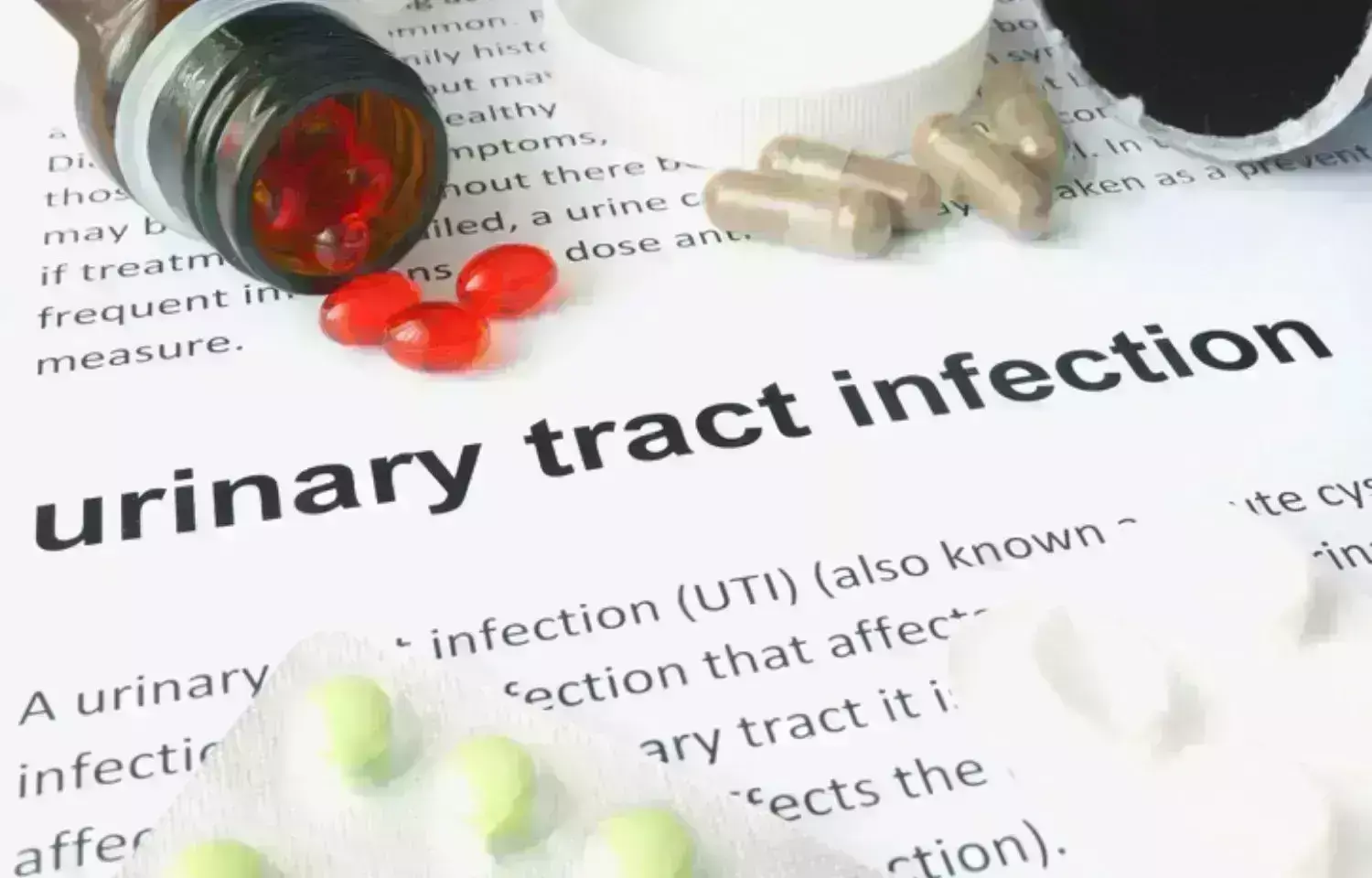- Home
- Medical news & Guidelines
- Anesthesiology
- Cardiology and CTVS
- Critical Care
- Dentistry
- Dermatology
- Diabetes and Endocrinology
- ENT
- Gastroenterology
- Medicine
- Nephrology
- Neurology
- Obstretics-Gynaecology
- Oncology
- Ophthalmology
- Orthopaedics
- Pediatrics-Neonatology
- Psychiatry
- Pulmonology
- Radiology
- Surgery
- Urology
- Laboratory Medicine
- Diet
- Nursing
- Paramedical
- Physiotherapy
- Health news
- Fact Check
- Bone Health Fact Check
- Brain Health Fact Check
- Cancer Related Fact Check
- Child Care Fact Check
- Dental and oral health fact check
- Diabetes and metabolic health fact check
- Diet and Nutrition Fact Check
- Eye and ENT Care Fact Check
- Fitness fact check
- Gut health fact check
- Heart health fact check
- Kidney health fact check
- Medical education fact check
- Men's health fact check
- Respiratory fact check
- Skin and hair care fact check
- Vaccine and Immunization fact check
- Women's health fact check
- AYUSH
- State News
- Andaman and Nicobar Islands
- Andhra Pradesh
- Arunachal Pradesh
- Assam
- Bihar
- Chandigarh
- Chattisgarh
- Dadra and Nagar Haveli
- Daman and Diu
- Delhi
- Goa
- Gujarat
- Haryana
- Himachal Pradesh
- Jammu & Kashmir
- Jharkhand
- Karnataka
- Kerala
- Ladakh
- Lakshadweep
- Madhya Pradesh
- Maharashtra
- Manipur
- Meghalaya
- Mizoram
- Nagaland
- Odisha
- Puducherry
- Punjab
- Rajasthan
- Sikkim
- Tamil Nadu
- Telangana
- Tripura
- Uttar Pradesh
- Uttrakhand
- West Bengal
- Medical Education
- Industry
High percentage of uncomplicated UTIs not susceptible to initial treatment

A high percentage of uncomplicated UTIs are not susceptible to initial treatment suggests a recent study published in the Open Forum Infectious Diseases
Increasing antimicrobial resistance makes treating uncomplicated urinary tract infections (uUTIs) difficult. We compared whether adverse short-term outcomes among US female patients were more common when initial antimicrobial therapy did not cover the causative uropathogen.
This retrospective cohort study used data from female outpatients aged ≥12 years, with a positive urine culture and dispensing of an oral antibiotic ±1 day from index culture. Isolate susceptibility to the antimicrobial initially dispensed, patient age, and history of antimicrobial exposure, resistance, and all-cause hospitalization within 12 months of index culture were evaluated for associations with adverse outcomes during 28-day follow up. Outcomes assessed were new antimicrobial dispensing, all-cause hospitalization, and all-cause outpatient emergency department/clinic visits.
Results:
• Of 2366 uUTIs, 1908 (80.6%) were caused by isolates susceptible and 458 (19.4%) by isolates not susceptible (intermediate/resistant) to initial antimicrobial treatment.
• Within 28 days, patients with episodes caused by not susceptible isolates were 60% more likely to receive a new antimicrobial versus episodes with susceptible isolates
• Other variables associated with new antibiotic dispenses within 28 days were older age, prior antimicrobial exposure, or prior nitrofurantoin-not-susceptible uropathogens (P < .05). Older age, prior antimicrobial-resistant urine isolates, and prior hospitalization were associated with all-cause hospitalization (P < .05).
• Prior fluoroquinolone-not-susceptible isolates or oral antibiotic dispensing within 12 months of index culture were associated with subsequent all-cause outpatient visits (P < .05).
New antimicrobial dispensing within the 28-day follow-up period was associated with uUTIs where the uropathogen was not susceptible to initial antimicrobial treatment. Older age and prior antimicrobial exposure, resistance, and hospitalization also identified patients at risk of adverse outcomes.
Reference:
Barbara W Trautner, Keith S Kaye, Vikas Gupta, Aruni Mulgirigama, Fanny S Mitrani-Gold, Nicole E Scangarella-Oman, Kalvin Yu, Gang Ye, Ashish V Joshi, Risk Factors Associated With Antimicrobial Resistance and Adverse Short-Term Health Outcomes Among Adult and Adolescent Female Outpatients With Uncomplicated Urinary Tract Infection, Open Forum Infectious Diseases, Volume 9, Issue 12, December 2022, ofac623, https://doi.org/10.1093/ofid/ofac623
Dr. Shravani Dali has completed her BDS from Pravara institute of medical sciences, loni. Following which she extensively worked in the healthcare sector for 2+ years. She has been actively involved in writing blogs in field of health and wellness. Currently she is pursuing her Masters of public health-health administration from Tata institute of social sciences. She can be contacted at editorial@medicaldialogues.in.
Dr Kamal Kant Kohli-MBBS, DTCD- a chest specialist with more than 30 years of practice and a flair for writing clinical articles, Dr Kamal Kant Kohli joined Medical Dialogues as a Chief Editor of Medical News. Besides writing articles, as an editor, he proofreads and verifies all the medical content published on Medical Dialogues including those coming from journals, studies,medical conferences,guidelines etc. Email: drkohli@medicaldialogues.in. Contact no. 011-43720751


